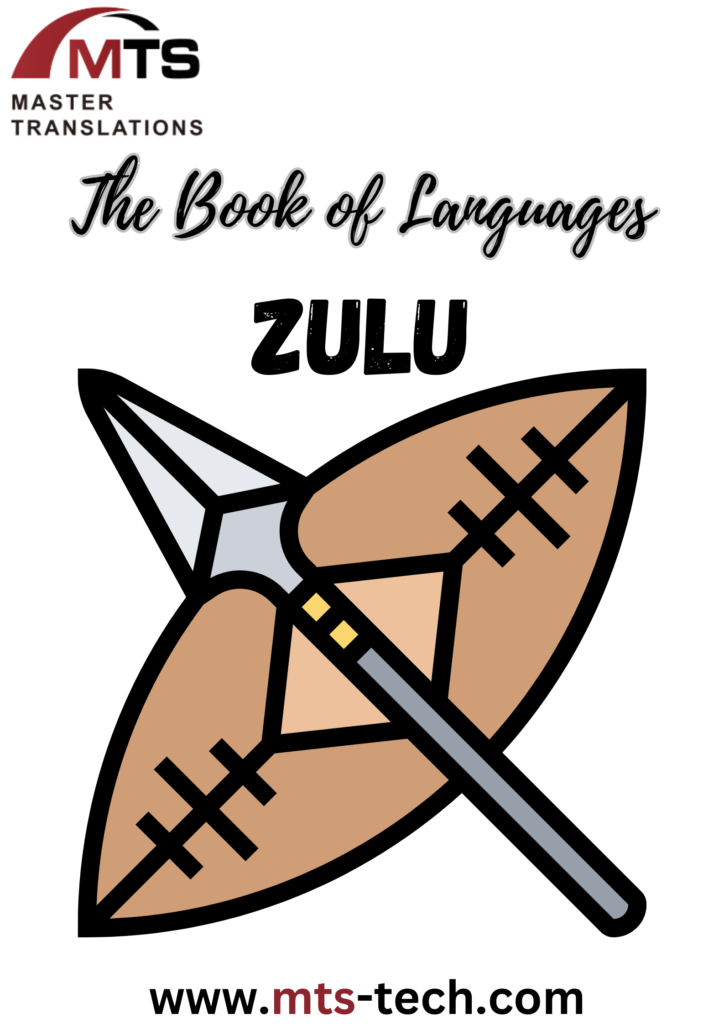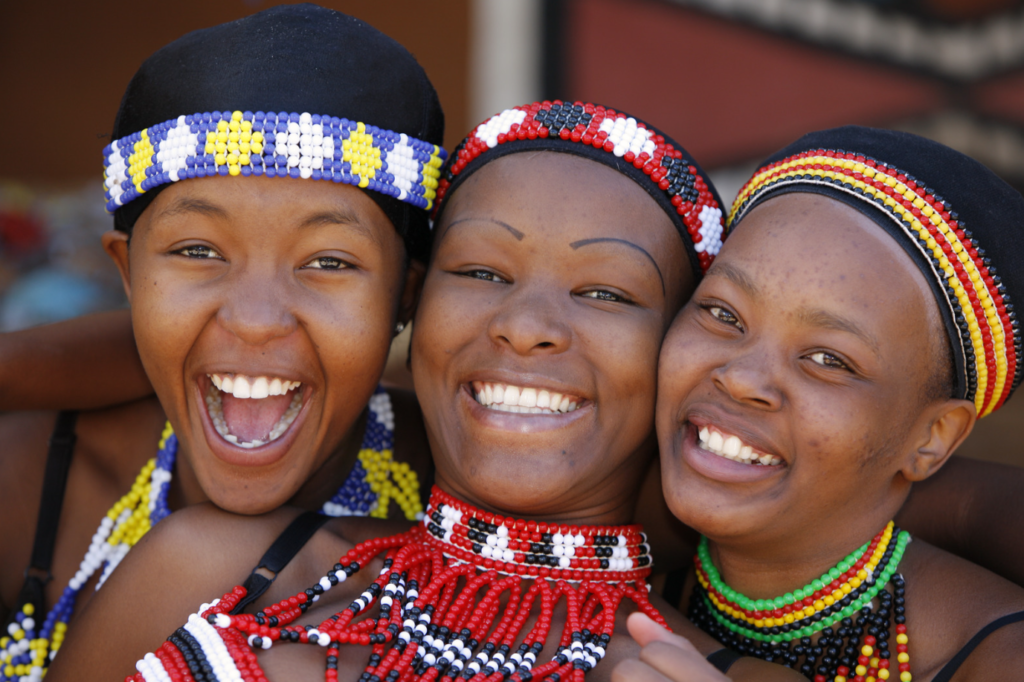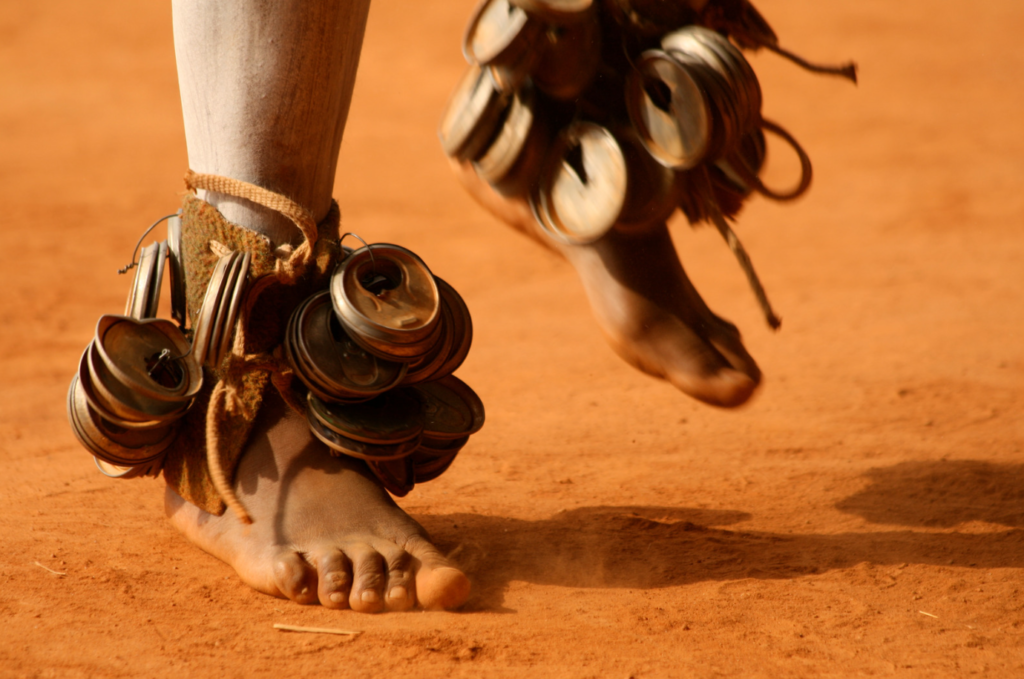
The Zulu language, or isiZulu as it is known among its native speakers, is more than just a means of communication, it’s a journey through the history, culture, and life of the Zulu people. With an estimated 12 million native speakers, Zulu is the most widely spoken language in South Africa and holds official status. It is a language enriched with idiomatic expressions, tonal variances, and complex grammatical structures that make it as nuanced as it is melodic.
As a member of the Bantu languages, Zulu shares familial bonds with other African languages like Swahili and Xhosa. However, it has its own unique flavors, sounds, and cadences that distinguish it as a separate entity. With its tonal features and elaborate idioms, Zulu is not just a language for communication but also a cornerstone for cultural identity among the Zulu people.
The History

The Zulu language traces its roots back to the Nguni communities that migrated to southeastern Africa around the 16th century. Over the centuries, it evolved into a distinct dialect, gaining more recognition and prominence under the Zulu Kingdom, led by the iconic Shaka Zulu in the early 19th century. The kingdom significantly impacted the development of the language, using it as a tool to unify different tribes and create a cohesive Zulu identity.
Fast-forward to the 21st century: Zulu has grown in its application, not confined only to the rural regions but also seen and heard in South African cities, radio stations, TV programs, and even in academia. The apartheid era saw Zulu and other indigenous languages marginalized, but the dawn of democracy in South Africa has seen a revival and reinstatement of Zulu as an official language and as an academic subject in schools and universities.
Words!
One of the fascinating words in Zulu is “Ubuntu,” a term that defies a single-word translation in English. It is a philosophy embedded in African culture, often understood as “I am because we are,” emphasizing communal values and mutual respect.
Another intriguing word is “Zulu” itself, which means “heaven” or “sky.” The name was adopted for the Zulu people and their language, elevating their cultural significance to something almost ethereal. Then there’s “Indaba,” a term for a gathering or meeting, usually of great social or political importance, a forum for community discussions that serve as a cornerstone of the democratic processes within the Zulu culture.
One surprising fact about Zulu is its extensive use of “click” sounds, which are uncommon in many other languages. These clicks originate from Khoisan languages and were integrated into Zulu through years of interaction and intermarriage.
Secondly, Zulu has a complex system of honorifics that changes the form of nouns based on social factors like age, social standing, and familiarity. This adds another layer of respect in both oral and written forms of the language.

Arts!

Zulu is deeply entrenched in the arts, especially music and dance. The language itself is musical, with its tonalities often reflected in traditional Zulu music genres such as Maskandi and Isicathamiya. These genres serve as both entertainment and as a historical archive, preserving ancient Zulu folklore, legends, and social commentaries.
In literature, the Zulu language has a rich tradition of oral storytelling. Although there are limited classical Zulu literature texts, the modern era has seen an increase in Zulu poetry and novels. Writers and poets are increasingly utilizing the Zulu language as an expressive tool for both traditional and contemporary narratives.
For those unfamiliar with tonal languages, mastering Zulu can be a steep climb. The meaning of a word can change with the tone used to pronounce it, which can be confusing and often leads to amusing misunderstandings for learners. Additionally, Zulu grammar involves noun classes that affect the structure of sentences, another layer to navigate for those accustomed to Indo-European languages.
That said, learning Zulu offers a rewarding experience. Not only does it open the door to a rich and diverse culture, but it also offers a deeper understanding of a history marked by struggle, resilience, and unity. The language, complex as it may be, serves as a gateway to a community where storytelling, respect, and shared identity reign supreme.
